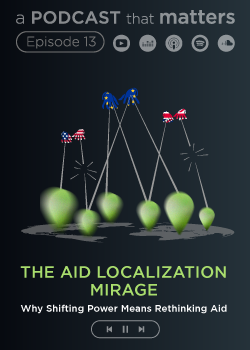Print

Cognitive control in context: Neural, functional, and social mechanisms of metacontrol: Metacontrol
Details
Locations:Netherlands
Start Date:Dec 1, 2016
End Date:Nov 30, 2021
Contract value: EUR 2,500,000
Sectors: Science & Innovation
Description
Programme(s): H2020-EU.1.1. - EXCELLENT SCIENCE - European Research Council (ERC)
Topic(s): ERC-ADG-2015 - ERC Advanced Grant
Call for proposal: ERC-2015-AdG
Funding Scheme: ERC-ADG - Advanced Grant
Grant agreement ID: 694722
Objective:
Human behavior is commonly understood as emerging from a struggle between will and habit, i.e., between “intentional” processes driven by the current goal and “automatic” processes driven by available stimuli. This scenario suggests that it is mainly the goal-related processes that render behavior adaptive. Based on a novel theoretical framework (the Metacontrol State Model, combined with the Theory of Event Coding) that is motivated by recent behavioral and neuroscientific observations, the fellow suggests an alternative view and argue that people can control the relative contributions of goal-driven and stimulus-driven processes to decision-making and action selection. In particular, people regulate the interaction between these processes by determining the ratio between (goal) persistence and flexi-bility, depending on task, situation, and personal experience—a process that he refers to as “metacontrol”. The project aims to identify and trace individual “metacontrol policies” (biases towards persistence or flexibility) and task- and condition-specific changes therein by means of behavioral, computational, and neuroscientific techniques, and by using virtual-reality methods. The fellow shall study, account for, and try predicting individual differences in the choice and implementation of such policies, identify and explain the cognitive and social consequences of adopting a particular policy, and investigate whether and how people can adopt meta¬control policies from others—either intentionally or automati-cally. He shall also study whether and to what degree people use situational cues to automatize the implementation of suitable policies, and whether often-used, highly practiced policies can become chron-ified and turn into a trait-like processing style, as suggested by cultural studies.

